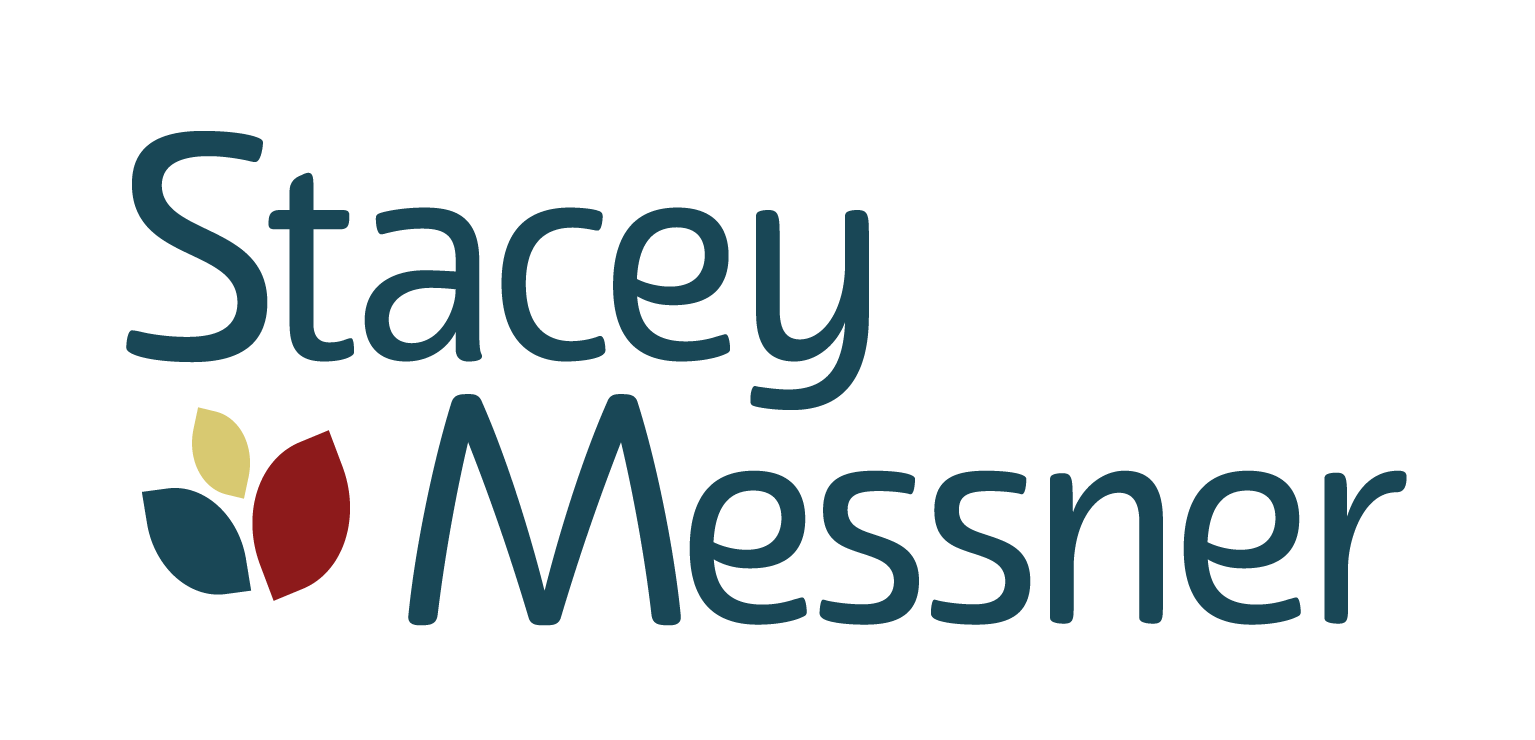How to Create an Accountable Workplace
Accountability creates meaningful ownership for each employee, to be responsible and follow through on what they say. In order for employees to be accountable, they must believe that the responsibility of doing what they say they will is crucial to improving their job performance so they buy-in to the process of following through of what is needed.
Without accountability practices in our workplace, employees may find ways to allow responsibilities to slip by not completing tasks on time, finding excuses about why the task cannot be completed, or produce substandard work.
When employees are performing to a low level of accountability, it not only affects the employee’s performance but also the project team or department the employee works.
Accountability has the ability to:
- create higher work productivity.
- improve job competency.
- increase employee morale and work satisfaction
- engage employees to be committed to their work.
Here is how you can encourage an accountability practice with employees at your workplace:
Communicate expectations
When expectations are clearly and continually communicated to employees, they are better able to be more likely accountable for their work performance. Expectations can be communicated to potential employees as early as the wording used in a job advertisement. Expectations are further communicated in the job interview, offer letter, job description, policies, and procedures. A comprehensive on-boarding program which includes mentorship, training, and educational development also assists employees to understand your workplace culture and how policies are actually used, in practice. Expectations should be regularly reviewed with employees, and documented as part of a performance management plan.
Respectful working relationships
To strongly establish accountability, it is important to create trust and respect in your working relationships. One way to create trust is by using empathy to see the other person’s point of view. An employee will be more motivated to be accountable for work tasks or behaviors if they have respect for the people they are doing it for. Employees will be more accountable if they feel heard, rather than just being told what they need to do.
Model the behavior
Adopting an accountability culture requires that everyone in the organization understands what accountability looks like in their workplace. If everyone is held to the same level of responsibility, we can all help each other in the process.
Develop an action plan
When a task needs to be completed, what is the action plan to get it done? An action plan will make clear what needs to happen to complete the task, or improve behaviour. This is also where employees can help to decide on an acceptable time frame to complete the action plan and helps to hold employees accountable for their work tasks or behaviors.
Recognition or consequence
When a task is completed, what is the reward? What is the consequence if it is not completed? Some employees may not need recognition for completing tasks because they are highly engaged with their work. However, most employees want to see more meaningful responses from the people their work is helping. Alternatively, when employees are held accountable for their actions, they also need to know what will happen if the work task isn’t completed or behavior doesn’t change.
HERE’S HOW I CAN HELP
If you need to implement accountability practices in your workplace, I’m your girl! Please contact me, as my first 30 minute consult is free.

